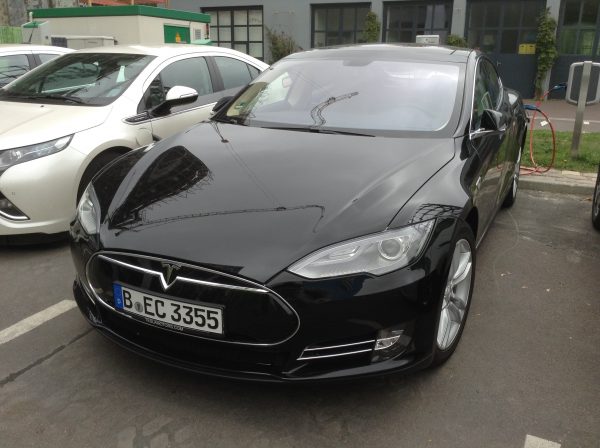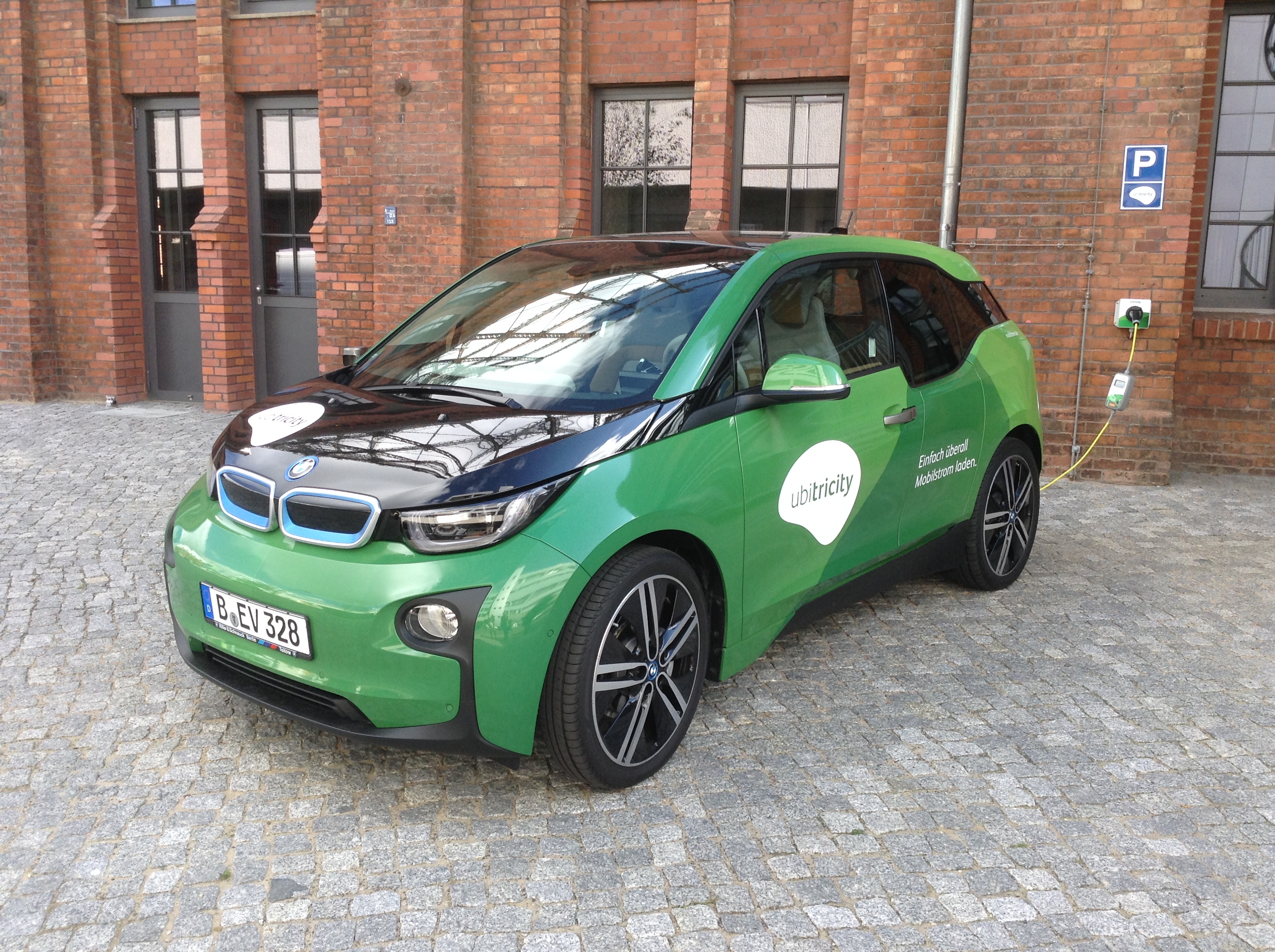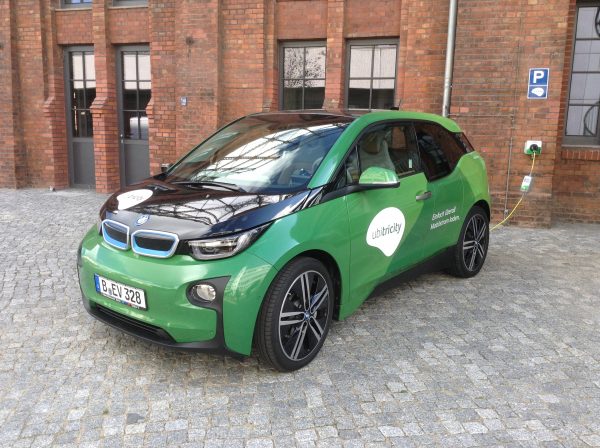A big thanks is due to the Sierra Club, as it has just launched a new ‘pick-a-plug-in’ internet tool to help you pick the best electric car for your driving habits and needs.
A lot of people aren’t even aware of a single electric car on the market, and certainly don’t know all of the electric cars on the market. Being an electric car expert, I was very curious to see how the tool performed for me, so I gave it some imaginary parameters (I don’t need a car at all, so I had to adjust reality a bit to make one make sense). The list of cars I got pitched seemed fine, but I’m not so sure about the ranking (if, indeed, they were ranked — that wasn’t entirely clear).

Overall, though, for a typical person, I think this is super useful. They can find new cars they weren’t previously aware of, then they can learn more about them and go on test drives to narrow it down.
In case you haven’t clicked over yet and want to learn more before doing so, the questions the Sierra Club tool asks include:
- How many miles total do you drive in a typical day?
- For long trips, would you consider using another car in household, renting, car-sharing, carpooling, or taking bus/train/plane?
- Do you have access to an electrical outlet in a garage or driveway at home or at work?
- Minimum number of seats needed?
- What’s your maximum budget for a vehicle?
- For plug-in hybrids, how important to you is fuel economy when it’s in hybrid mode?
Good questions, and the Sierra Club provides good answer options as well.

Of course, as I’ve written before, there are a lot of reasons to switch to an electric car. I think they will quickly replace gasmobiles once people learn about them. The biggest barrier to their wider adoption today is simply awareness.
“There are a lot of compelling reasons why more than a quarter million Americans have already bought EVs since they first came on the mass market a few years ago,” noted Gina Coplon-Newfield, director of the Sierra Club’s Future Fleet & Electric Vehicles Initiative. “They are cool high-tech wonders, there is little or no need to ever visit a gas station, they are much cheaper to fuel — the equivalent of about $1 a gallon, and they are much better for the environment — even when considering the emissions from the electricity to charge them up.”
Also, if you weren’t aware, it’s worth noting that there’s a federal electric vehicle incentive on the table right now — a tax credit up to $7,500 in value. Some states also offer big incentives. For example, California offers a $2,500 rebate, access to carpool lanes, and other incentives.
For more info, you can also check out Sierra Club’s online EV Guide, which provides info on EV incentives based on zip code!
Check out these two great electric car tools today!
Related Stories:
8 Reasons Electric Cars Kick Your Car’s Boot
Electric Cars Can Save You Money (+ EV News Roundup)
Electric Cars 2014 — Prices, Efficiency, Range, Pics, More
Images by Zachary Shahan | Planetsave | CleanTechnica (CC BY-SA license)


Biggest reason for lack of adoption in folks I know – range. Maybe we just drive farther in the US…dunno. Two specific examples – the first: daily commute was very close to half the range of a leaf/typical EV @ 40mi one way (with hills) and the second the daily commute was 20 mi one way but they needed to be able to make deliveries with the same vehicle for work. They could have made this one work but it would have been a hassle. Also needed to be able to make it to LA and back for work (120mi RT).
I see what I’m calling EV 2.0 as the line of EVs that will truly break through in the US – cars that have double the battery life of current EVs – 150-200miles. That will ease what are likely unwarranted fears that current EVs wont work for most people.
Personally, I also see the current generation as lacking as we are obviously at the start of a new paradigm and people hate getting “stuck” with the first one. Battery capacity will double then triple…all within the next 5-6 years (if you believe Tesla, VW). This presents a very real challenge to buyers as you know the car you get will be essentially worthless (without a major battery upgrade) or at least irrelevant.
It’s going to be very interesting to see how EVs are adopted…Americans are so used to trading up when something new comes along and with Gasmobiles, they just break down over time so it almost makes sense if you want to continue to have a reliable vehicle…and that just wont be as much of a concern with the simplified EVs. No/low maintenance…no reason to trade up (as long as the batteries can be upgraded/replaced. I’m hopeful for battery replacement startups to fill this gap – ie, enabling current gen nissan leaf batteries to be upgraded in 5-10 years with newer tech to essentially extend the life of the car with little to no degredation in the performance of the car.
Yeah, range the the 2nd biggest barrier in my opinion. Is a real barrier for people like your friends who use the car for work or make regular long-distance trips. For most people (who are even aware of electric cars, that is), the bigger issue is an illogical fear of the lower range. But yeah, EV 2.0 is really going to bust things out, imho.
Waiting for the better tech: yeah, wonder how big of an issue that is. Could be substantial.
Model 3, and anything comparable from Nissan/GM that comes beforehand or around the same time.